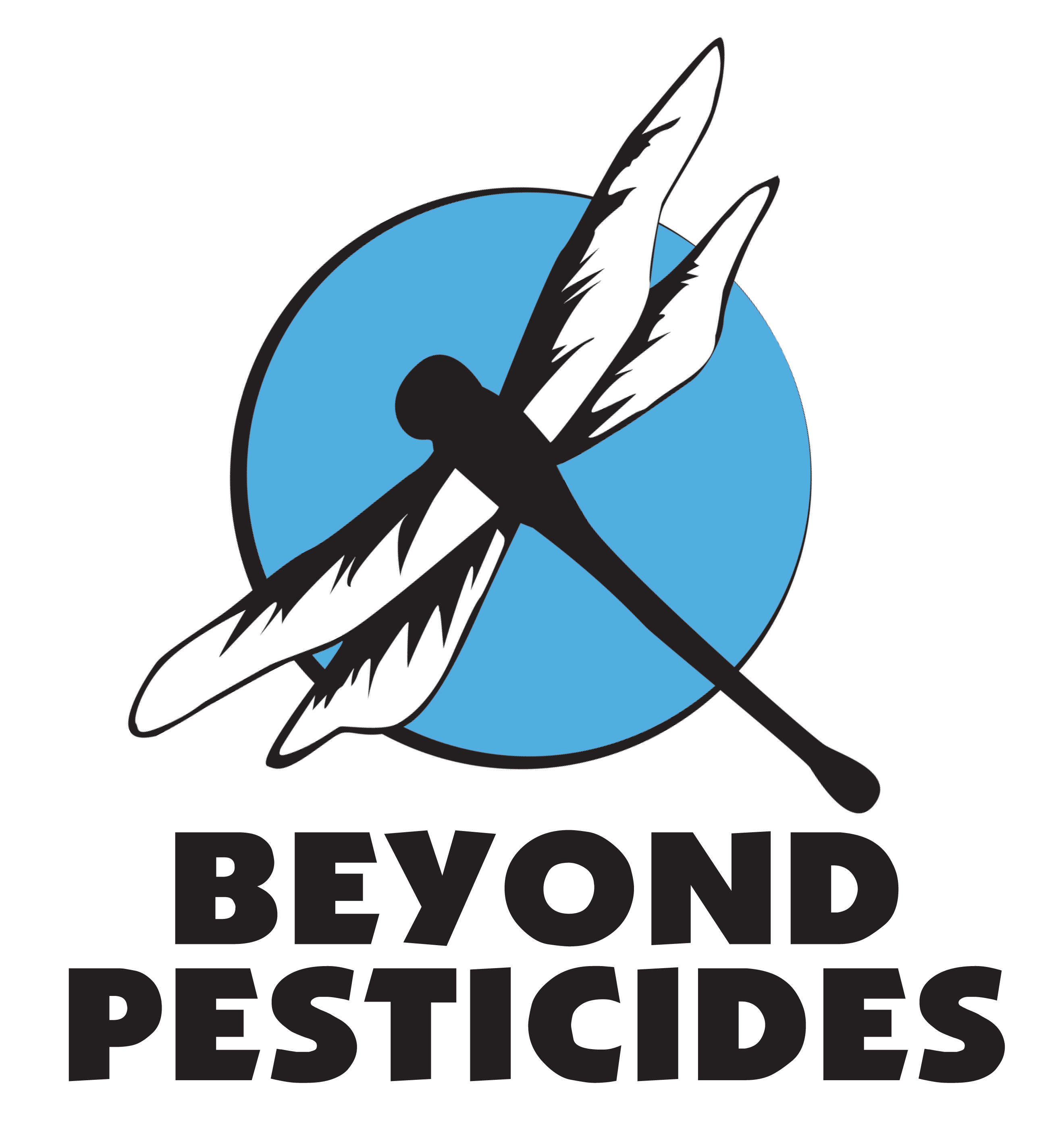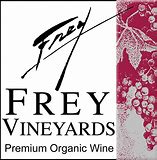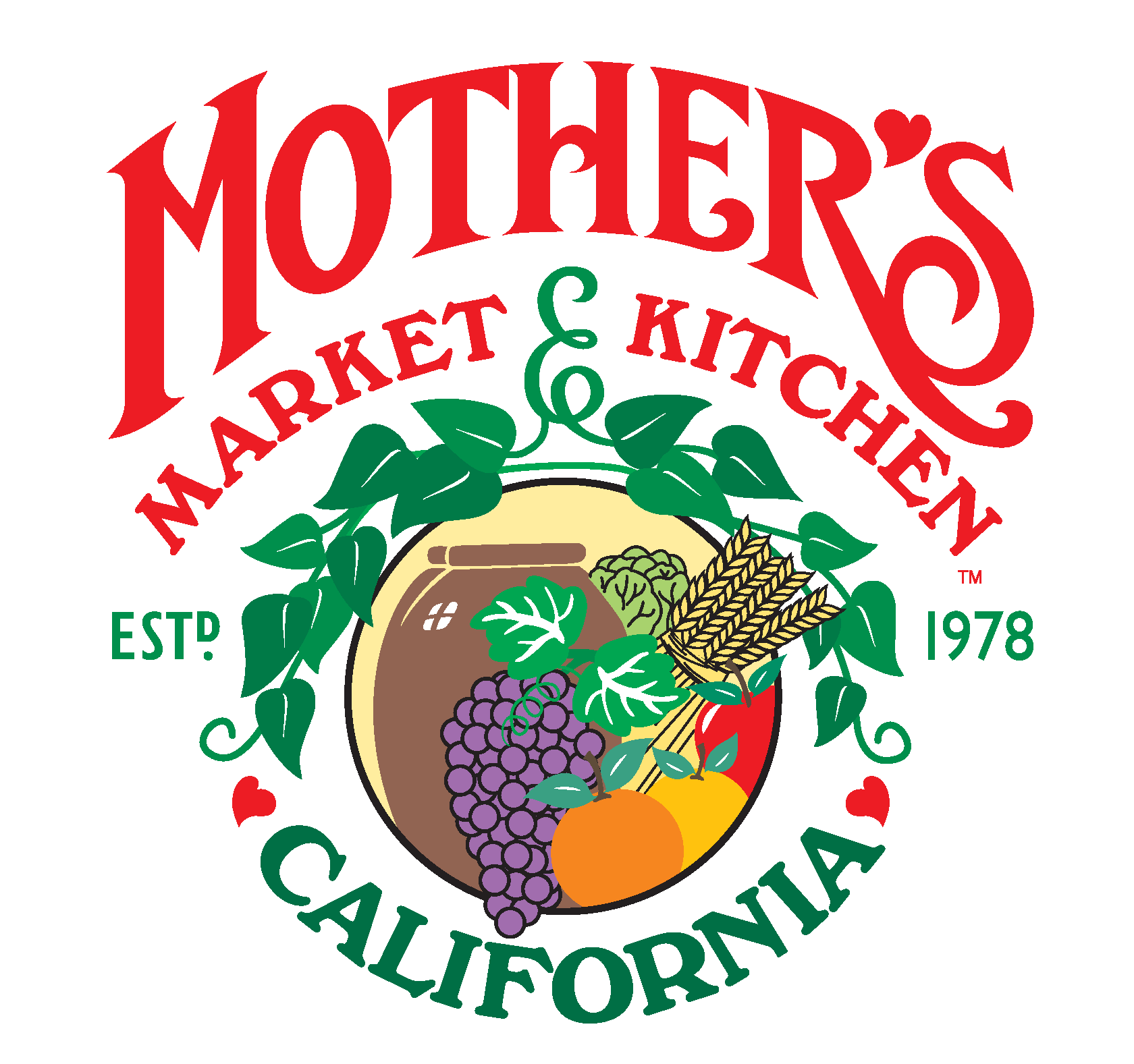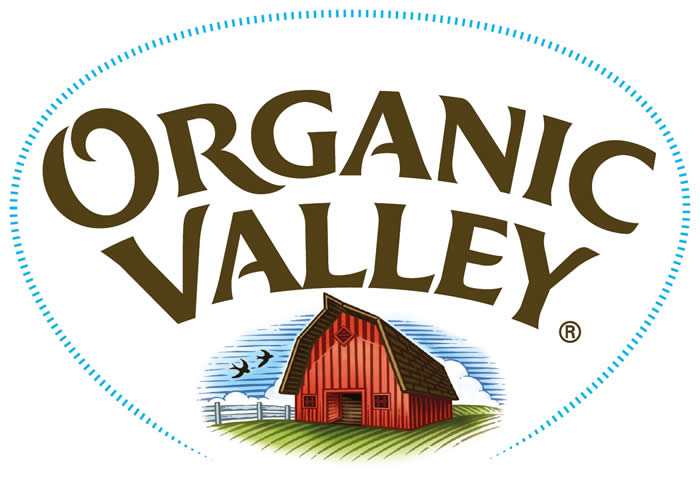Organic Neighborhoods
Organic Neighborhoods: For Healthy Children, Families, and Ecology
The 36th National Pesticide Forum
April 13–14, 2018
The Beckman Center of the National Academies of Sciences and Engineering, Irvine, CA
This a unique opportunity to share knowledge with those on the cutting edge of pesticide research, meet with effective advocates to talk organizing and policy strategy on protecting people and the environment, and learn from practitioners on implementation of plans for organic management practices without toxic pesticides.
View videos from the Forum here.
Environmental Land Management offered 36th Forum attendees a unique look into their daily operations. Welcoming us onto a uniquely small viewing site, it turns out goats are incredibly docile! Managed-grazing is being called upon with increased frequency. As a service, managed-goats reduce flammable brush, aerate soils with their hooves and enliven ecosystems to be more resilient to drought and wildfire. In addition, their managed-munching controls the spread of problem vegetation ("Invasive Weeds") by reducing seed dispersal.
Partial list of confirmed speakers
Carey Gillam, author and reporter, Whitewash: The Story of a Weed Killer, Cancer, and the Corruption of Science
Johnny Gonzales, environmental land management field operations manager, delivering ecological land management with managed goat grazing for invasives and fire mitigation throughout Southern California
Steve Sprinkel, president of the Ojai Center for Regenerative Agriculture, and farmer of 12 organic acres
Scott P. Carroll, PhD, biologist, Institute for Contemporary Evolution, UC Davis; advocates conservation biology in understanding invasive plant management
Phillip Ackerman-Leist, professor of Sustainable Agriculture and Food Systems at Green Mountain College, farmer, and author of A Precautionary Tale
Tyrone Hayes, PhD, professor of Integrative Biology at UC Berkeley, and groundbreaking researcher on endocrine disruptors
Angel Garcia, community organizer and founder of Coalition Advocating for Pesticide Safety
Sandy DeSimone, PhD, director of Research and Education at Starr Ranch Sanctuary
Nayamin Martinez, MPH, director of the Central California Environmental Justice Network (CCEJN)
Meg Sears, PhD, Ottawa-based scientist and chair of Prevent Cancer Now
James Nieh, PhD, professor of Biological Sciences at UC San Diego, focusing on bee communication, cognition, and health, as well as the effects of neonicotinoid pesticides on honey bee behavior
Rhiannon Bailard, founding director of Center for Sustainability at Pepperdine University
Chip Osborne, president, Osborne Organics, organic turfgrass and landscape expert; successfully implements organic land management nationwide
Warren Porter, PhD, professor of Zoology and Environmental Toxicology at the University of Wisconsin Madison, researching pesticides and genetically engineered organisms
Routt Reigart, MD, professor emeritus of Pediatrics, Medical University of South Carolina, one of the nation’s top pediatric experts on pesticides, author of Recognition and Management of Pesticide Poisoning
Bruce Blumberg, PhD, professor of Developmental and Cell Biology at UC Irvine School of Biological Sciences, studying epigenetic pesticide effects
Dean Baker, MD, MPH, former director, Center for Occupational and Environmental Health, and Professor of Medicine, Epidemiology, and Public Health at UC Irvine
Kim Konte, board member, Non Toxic Irvine; spearheading Irvine, CA ordinance transitioning city to organic land management
Jay Feldman, executive director, Beyond Pesticides, supporting advocacy for federal, state, and local policies and practices
City of Irvine officials, transitioning the community to organic land management
See Forum flyer here.
Plenary Sessions
Protecting Life — From Frogs to the Human Family • City of Irvine’s Path to Organic Land Management • Understanding Pesticides — Health and Law • A Critical Eye on Pesticides, Science, and Industry • Organic Systems for Health and Resiliency • Protecting Family Health and the Environment • Health Effects of Pesticide Use: Children and the Community • Cutting Edge Science • Science and Ecology — From Aquatic Organisms to Plants and Pollinators • Pesticides and the Law • Farmworkers, Families, and Health • GMO Crops and Pesticides • Adopting Organic Land Management Practices: Investing in Success • The Leading Edge of Community-Based Change Panel; A Sustainable Future
Workshops
Human Health and Pesticides • Supporting Biodiversity and Balanced Ecosystems • Threatened Watersheds and Riparian Preservation • Organic Soil Management: Nurturing Soil Biology for Plant Health • Leveraging the Law for Health and the Environment • Organizing for Local Policy Change • Organic Land Management: For Playing Fields and Farms • Creating Just, Local, Organic Food Systems
Co-Convenors
The 36th National Pesticide Forum is convened by Beyond Pesticides, the UC Irvine Center for Occupation and Environmental Health, and Non Toxic Irvine.
Co-Sponsors
Agriculture and Land-Based Training Association (ALBA), American Bird Conservancy (ABC), Audubon California, Californians for Pesticide Reform (CPR), Center for Regenerative Agriculture, The Center on Race, Poverty & the Environment (CRPE), Central California Environmental Justice Network (CCEJN), EcoFarm, Moms Across America, Moms Advocating Sustainability, Parents for a Safer Environment, Poison Free Malibu, Theodore Payne Foundation for Wild Flowers and Native Plants.
Videos from Previous Forum
Miss out on previous Beyond Pesticide Forums? See Beyond Pesticides' YouTube page to view speakers, panels, and workshop discussions on a range of critical topics relevant to adverse health and environmental effects of pesticides and strategies for change. Check out our past conferences here.
If you would like more information about the conference, please email [email protected], or call 1.202.543.5450.
THANK YOU!
The generosity of our sponsors helps make for a great event year after year. The sponsors listed below are current contributers to the 36th National Pesticide Forum scholarship fund, making it possible for people from around the country to participate in one of the most important grassroots pesticide meetings of the year.
Learn more about becoming a sponsor.















